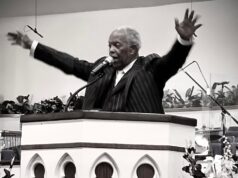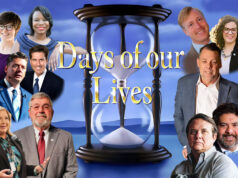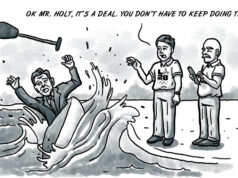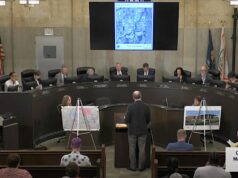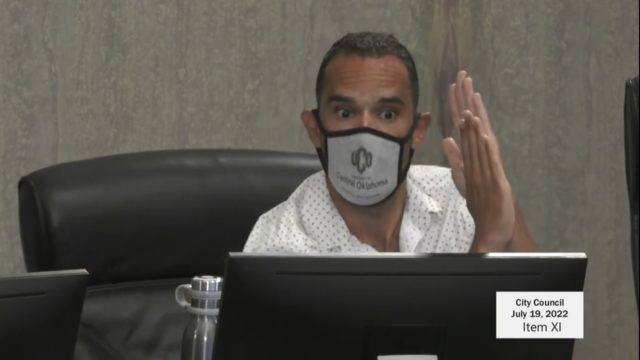

The OKC City Council today narrowly voted to reinstate the city’s Human Rights Commission, which was disbanded more than 25 years ago. But the move didn’t come without robust debate from the public and members of the council.
The council voted 5-4 to approve the reinstatement of the commission. Mayor David Holt joined councilmembers James Cooper (Ward 2), Todd Stone (Ward 4), JoBeth Hamon (Ward 6) and Nikki Nice (Ward 7) to vote in favor of reinstating the commission.
Councilmembers Bradley Carter (Ward 1), Barbara Young (Ward 3), David Greenwell (Ward 5) and Mark Stonecipher (Ward 8) voted against the measure.
The council spent more than two hours in public comment and discussion on the agenda item before taking a vote. The commission is meant to provide a vehicle for hearing the stories of those who believe their human rights have been violated.
“Among other duties, the Human Rights Commission will be responsible for addressing alleged harm to people who have been discriminated against because of their race, color, religion, creed, sex, gender, national origin, age, familial status, genetic information, or disability related to employment, housing and public accommodations under the Oklahoma Anti-Discrimination Law,” according to a press release provided by the city.
The commission will have nine members, with each council person appointing a member. Holt will make an at-large appointment, who will also serve as the commission chairperson. OKC last had a human rights commission in 1996.
Public comments vary widely, but most oppose
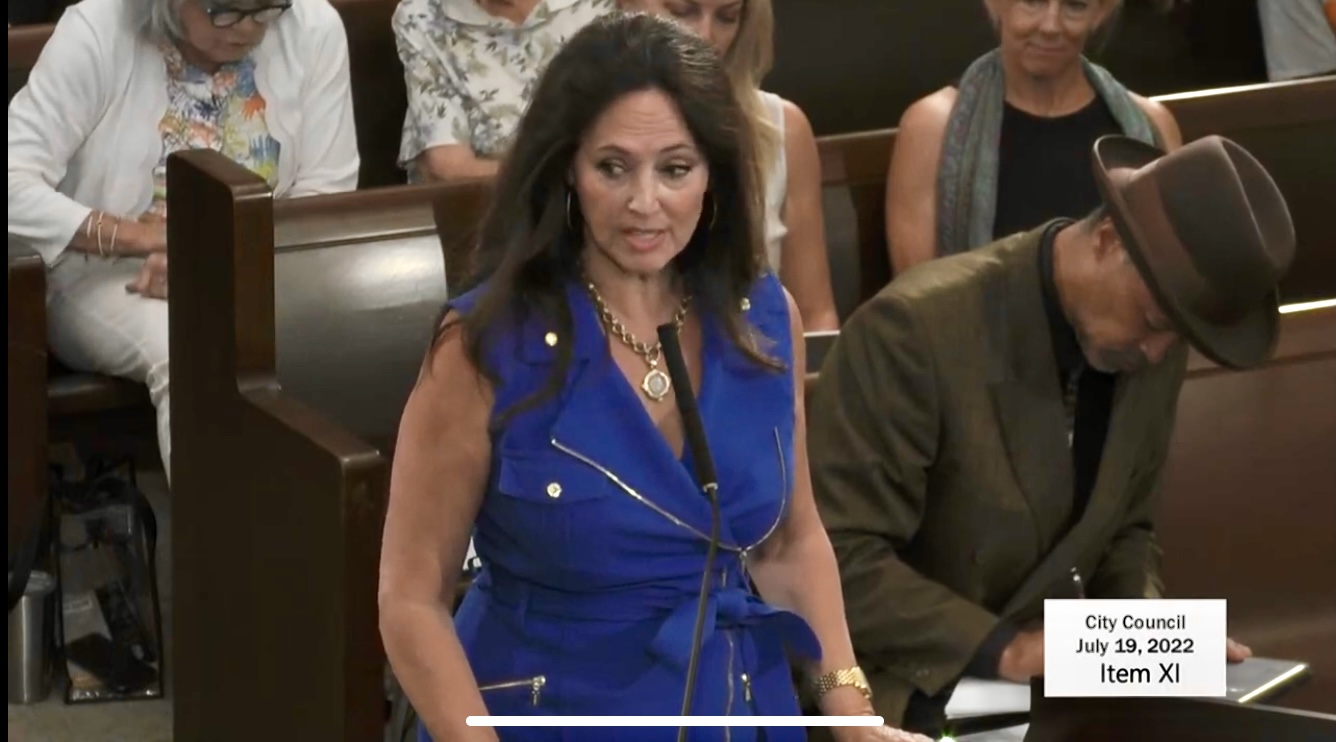
The City Council heard nearly two hours of public comment on the proposal, some of it veering into the bizarre.
Former OKC mayoral candidate Carol Hefner spoke out against reinstating the commission.
“Oklahoma City is not Detroit, LA, San Francisco, Seattle, Portland or Chicago — the cities some on this horseshoe would like to emulate,” Hefner said. “Why are we trying create and follow other liberal cities who have established more strife through these groups since their human rights commissions have been created?”
Ward 8 resident Linda Curtis also spoke out against the commission’s reinstatement.
“I feel like it is bringing up even more contrast between races, religions, whatever, and I don’t think we need that,” she said. “We have come a long way. We have made a lot of improvements in our county, and I’d like not to bring up more problems that will cause more contention.”
Ward 8 resident Dr. Phillip Nokes used his time to time to try to tie the proposal to a pro-transgender agenda.
“When a baby was delivered, I always knew what sex it was,” Nokes said. “If they had a penis and a set of testicles, they were a boy. If they had labia, they were a girl. There was no question about it. Now when they grow up they may develop questions about it. What this commission is for is to push an agenda that makes me accept what I see as a physician is not correct. It tells me I have to call him her and her him and if I don’t I’m in trouble.”
Pastor Terrell McBride spoke in favor of the commission. He said he recently moved to Oklahoma City from Philadelphia and is the son of lesbian parents.
“I’m a person who is in belief of love and justice for all people,” McBride told the council. “I’ve been hearing the argument against this commission. I kept hearing the word ‘division’ and ‘divisiveness.’ But what I hear in this commission is not something that divides us but unites us. It brings voices of the least of these to the forefront and gives equal justice to all people. I feel like people who are speaking about Jesus and God, I think this is in line with something Jesus would want.”
Ward 2 resident Hannah Royce told the council many of the comments she heard during the public debate exemplified exactly why the city needs a Human Rights Commission.
“I am a queer white woman who grew up in Wilburton, Oklahoma,” Royce said. “I grew up with a lot of voices around me similar to what we have heard today, and that is the exact reason why we need a human rights task force and commission to be readily available for people who have been historically left out of these conversations.”
Cooper highlights 1996 meeting
The city’s previous Human Rights Commission was disbanded by a 5-3 vote in January 1996. According to a story in The Oklahoman at the time, council members objected that the group was giving rights to gay people.
“This issue has come time and time again before the council, with the goal to give rights to the gays, the lesbians, the people who have had sexual changes and things of that nature,” former Councilmember Jerry Foshee said at that 1996 meeting. “If the only way we can prevent it from coming back again and again and again is to do away with the commission, then that is what we need to do.”
During Tuesday’s meeting, Ward 2 Councilman James Cooper highlighted the the events of 26 years ago, reading from The Oklahoman article.
“That’s why the commission disbanded,” Cooper said. “And, here is the other thing that is important from the article, too. Only five cases had come to that commission dealing with sexual orientation and gender identity. The rest were related to race. This was like a boogeyman. A scapegoat. They would rather get rid of the commission than admit that a lesbian, gay, bisexual, transgender person is a human being with access to constitutional rights.”
Cooper concluded his remarks by encouraging a dialogue with those who opposed the Human Rights Commission and adding that, as a gay man, he felt it was particularly important for him to speak up.
“What I will not do is sit in silence,” Cooper told the council. “That’s why I’m supporting this. Because I know we can do better.”
Ward 4 Councilman Todd Stone voted for the reinstatement of the commission. Stone said the commission could serve as an avenue to inform and educate citizens while also not costing much money.
“One thing I think we did get rid of today is the fiscal impact of this,” Stone said. “It’s minimal. It’s going to be zero to half an employee. That’s something that, to me, as someone who is fiscally conservative, is important.”
Stone said he was initially opposed the idea of reinstating the commission but came around after hearing the opinions of others.
“We’ve done two years’ worth of work on this thing,” Stone said. “It could be a real positive. And others look at it from a totally negative standpoint. And I won’t lie — for a while I looked at it completely that way, too. But finally it started to shift in my mind. What can we do? What can I do to try and make this a positive change?”
Ward 5 Councilman David Greenwell opposed the reinstatement of the commission. Greenwell said all crimes are violations of human rights and the local police department is capable of addressing those issues, while state agencies can address discrimination.
“Any other areas of discrimination are already being covered by various agencies,” Greenwell told the council. “So what does that leave? It leaves interpersonal communications and actions to fall under the purview of this committee, and it’s not right.”










